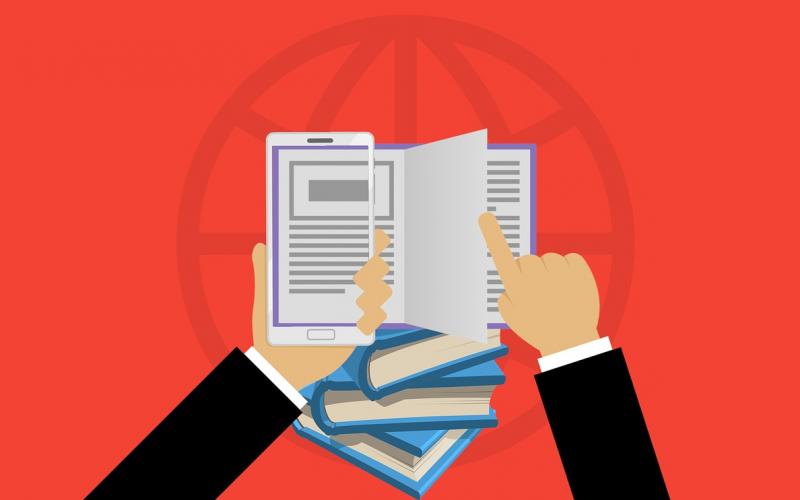Content by Lorna Saboe-Wounded Head

Financial Planning Tools
A high level of financial literacy, the ability to make sound financial decisions based on your knowledge, will improve your financial well-being.

Master Health Volunteer Program
A Master Health Volunteer is an earned certification that increases your knowledge in health topics and teaches you to facilitate educational programs for your communities.
Understanding Your Credit Score
A credit score is an assessment of your creditworthiness. Lenders use the credit score to determine whether or not to lend to you, what the interest rate will be on the loan, and other terms that impact the cost of credit for the consumer.

Stress and Mental Health Resources Available to South Dakota Producers, Family Members and Friends
August 14, 2020
April blizzards, wet planting and harvest conditions, low commodity prices, and trade concerns made 2019 a stressful year for many South Dakotans.

Growing Active Readers
These lessons and activities bring together evidence-based environmental and behavioral changes to promote improved long-term health outcomes.

Personal Finance Lessons for Teachers and Parents
Personal finance knowledge and skills develop throughout each person’s lifetime. A number of free resources are available to assist parents and teachers in developing youth financial skills.

Personal Financial Management During a Health Crisis
A health crisis can have both immediate and long-term impacts on our personal financial management. Take these steps to get control of your finances during a health crisis.

Planning for Holiday Expenses on a Tight Budget
The holidays are a time to spend with family and friends sharing good food and gifts. Unfortunately, this time of sharing can create stress for individuals and families who are living on a tight budget. Planning ahead and making decisions about spending will help the holidays be more enjoyable.

Financial Terminology Refresher
You don’t have to be a finance whiz to understand basic financial terminology. Knowing the basics can help you interpret your own financial health and set goals for the future.

Keeping Your Financial Records Secure
When a family emergency or disaster occurs, having quick access to important financial documents is essential.